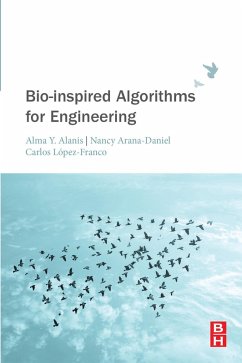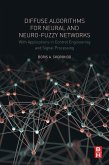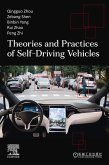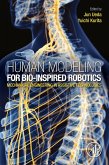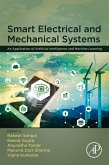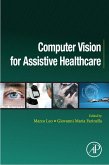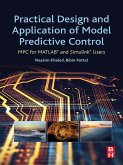Bio-inspired Algorithms for Engineering builds a bridge between the proposed bio-inspired algorithms developed in the past few decades and their applications in real-life problems, not only in an academic context, but also in the real world. The book proposes novel algorithms to solve real-life, complex problems, combining well-known bio-inspired algorithms with new concepts, including both rigorous analyses and unique applications. It covers both theoretical and practical methodologies, allowing readers to learn more about the implementation of bio-inspired algorithms. This book is a useful resource for both academic and industrial engineers working on artificial intelligence, robotics, machine learning, vision, classification, pattern recognition, identification and control.
- Presents real-time implementation and simulation results for all the proposed schemes
- Offers a comparative analysis and rigorous analysis of the convergence of proposed algorithms
- Provides a guide for implementing each application at the end of each chapter
- Includes illustrations, tables and figures that facilitate the reader's comprehension of the proposed schemes and applications
Dieser Download kann aus rechtlichen Gründen nur mit Rechnungsadresse in A, B, BG, CY, CZ, D, DK, EW, E, FIN, F, GR, HR, H, IRL, I, LT, L, LR, M, NL, PL, P, R, S, SLO, SK ausgeliefert werden.

